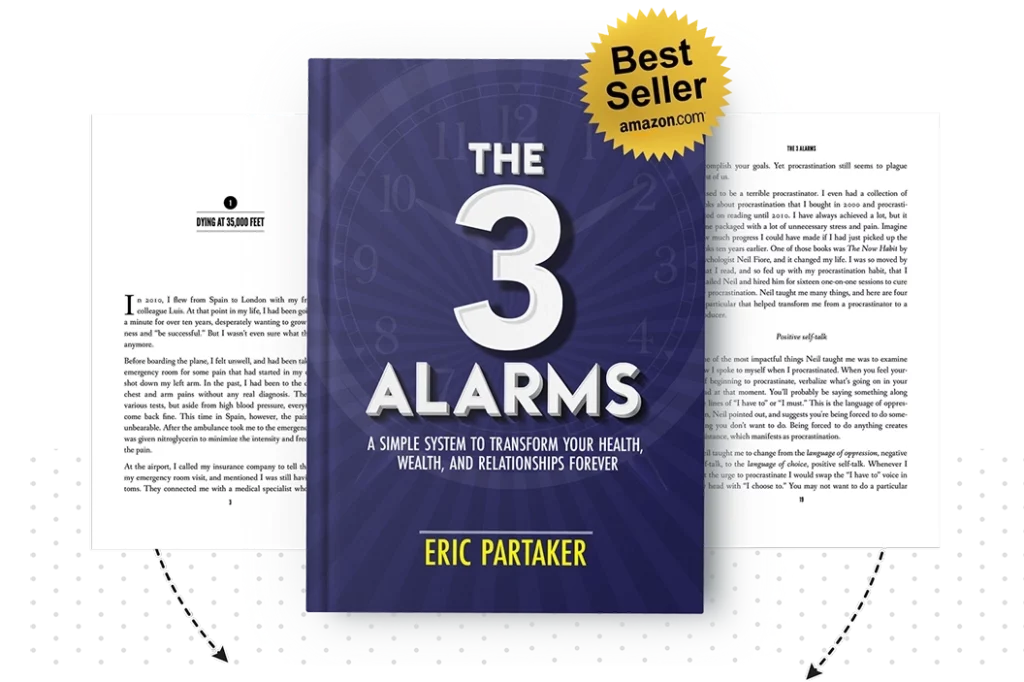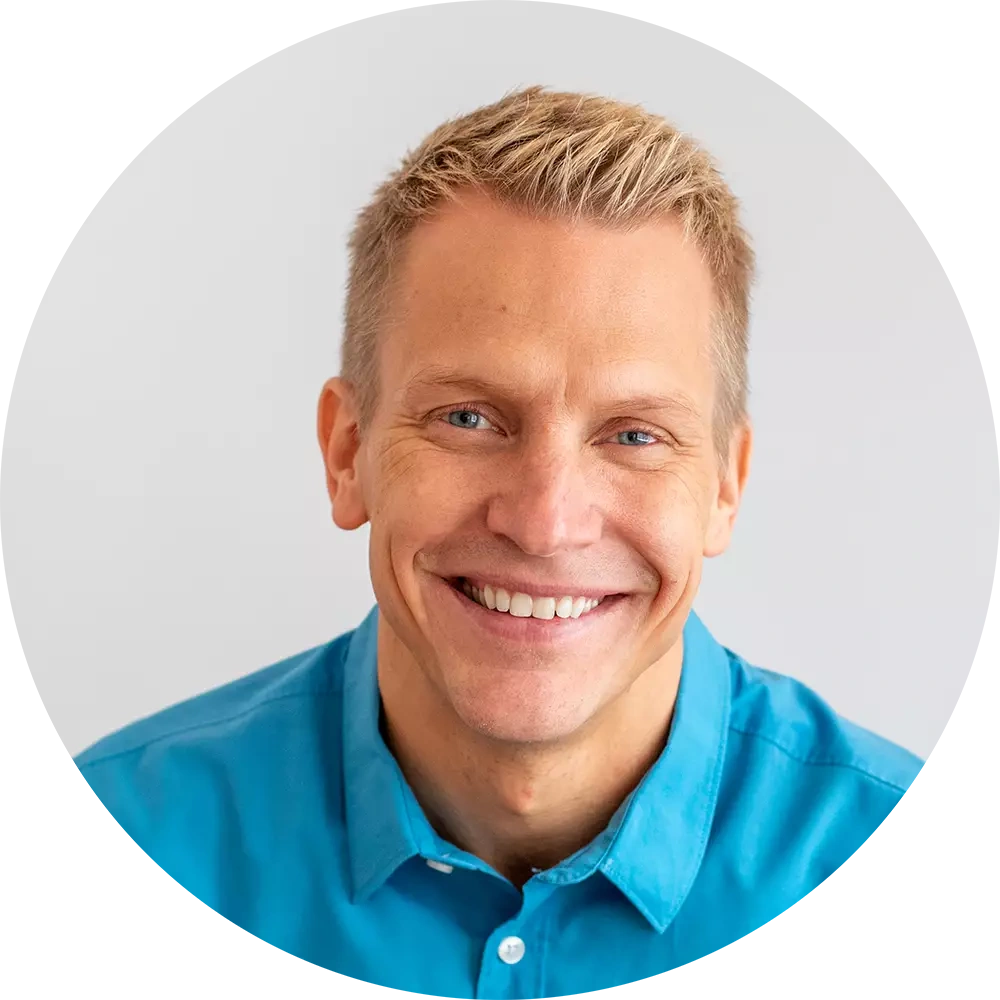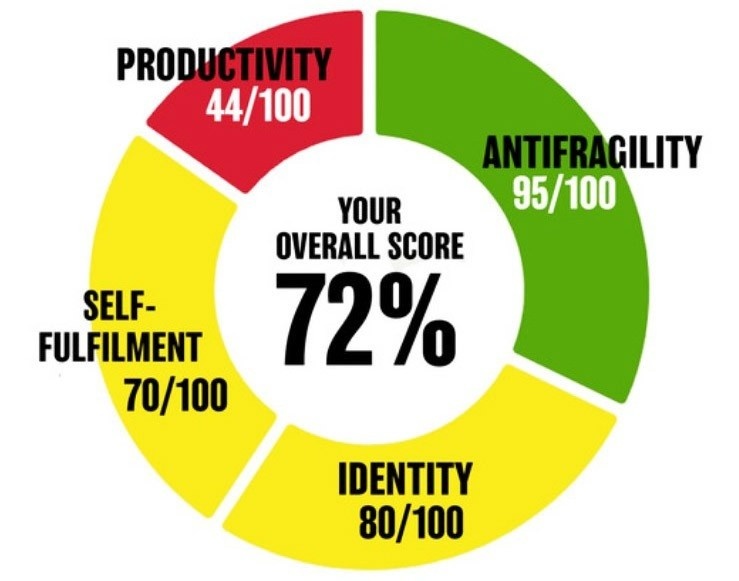SUMMARY
- What if I told you there’s a path you can take, that would allow you to reach your full potential and live a fulfilling life? For me, this has been an obsession for years and it was for psychologist Abraham Maslow as well. In this episode I’ll share my key lessons from Maslow’s work and my own experience to help you live a more fulfilling life.
- Maslow was a psychologist, researcher and the founder of the Human Potential movement. In his famous hierarchy of needs, he concluded that our path to deepest fulfillment as human beings lies in self-actualization and outlined a number of steps to achieve this.
- The first thing you can do is lead a life of full engagement. This means, doing whatever it is that you may be doing with full presence – whether you’re with your family and friends or working on an important project.
- Another critical aspect of reaching your full potential is leading a life of congruence. Those that realize their full potential believe in what they’re doing every day – their actions are aligned with their values.
- Other behaviors that Maslow outlined are the importance of a growth mindset, taking one hundred percent ownership for the outcomes in your life, being egoless, writing your own script, living and thinking differently, applying deliberate practice, and creating moments of ecstasy in your life.
TRANSCRIPT
What if I told you that there’s a path for you to take, that would allow you to reach your full potential, that would allow you to become all that you’re capable of becoming? For me, this has been an absolute obsession for years. I’ve constantly been looking at reading, trying to understand what is it that separates the very best, those who have reached the top of what they’re capable of reaching from all the rest?
My name is Eric Partaker and I coach CEOs, entrepreneurs, and individuals exactly on this subject. How can I help them become all that they’re capable of becoming? How can I help them reach their full potential? Today I want to take you through some of the critical things that you could be doing to close that gap between who you are and who you’d like to be.
Today I’m going to be talking about some of the work from Abraham Maslow. Now, Abraham Maslow came up with his hierarchy of needs, and he concluded in his research that our path to deepest fulfillment was through something he called self-actualization, or realizing all that we’re capable of becoming. He actually has a step beyond that, which is self-transcendence, but let’s just stay with self-actualization. We get there first by realizing all that we’re capable of becoming. And Abraham actually created a path which flowed out of his research. He was a psychologist, a researcher. It flowed out of his research, which showed that if you do these steps, if you proactively work on these things, you will become more deeply fulfilled in life. You will realize your full potential and today I’m going to take you through those steps.
Number one is leading a life of full engagement. What does that mean? That means, are you present in all that you’re doing, whatever it is that you may be doing? When you’re with your family and friends, are you there just with them? When you’re working on something, are you there just within work? Within that specific project, are you just working on that one piece, that specific slide in that presentation? Are you working on building that deck, or completing that analysis? Are you just focused on that? Are you fully engaged or do you tend to jump around? Is your mind constantly wandering? Living a life of full focus presence from moment to moment to moment where wherever we are, we’re completely there. That is what we mean about being fully engaged, fully present. So ask yourself, where are you fully present in life? Then maybe ask yourself where you can be improving, where you can be turning on your presence and really focusing your attention on what’s in front of you in that moment.
The next thing is a growth mindset. So there’s two mindsets that people typically have. I’ve done another piece on this that you’ll find an episode or a video – depending on whether you’re listening to this as a podcast or as a video – where I talk about fixed mindset versus growth mindset. In short, people tend to fall into one of these two camps. This is from the amazing research of over 30 years, pulled together by Carol Dweck, a fixed mindset persona is someone who believes that their abilities or intelligence is relatively limited. There’s not much room for improvement. They’re kind of born with what they have with a little bit of room for improvement early on, but then they’re kind of set in life.
They don’t respond well to challenges or setbacks. They don’t realize that it’s just the effort that translates to success in the long run, rather than any special gifts, per se. They don’t realize that the special gifts are actually the accumulation of effort. So these people tend to plateau early. They don’t realize their full potential. Whereas those with a growth mindset respond well to challenges. They see them as opportunities for growth. When they have a setback, they bounce back up and carry on. They realize that it’s effort compounded over time that creates the big things. It’s about taking these small actions on a daily basis, which may seem unremarkable, which compounded over time, lead to big results. You know, a growth mindset person is somebody who replaces that word failure with learn and, and they embrace that power of yet.
So that power of, ‘I may not know something yet’. So number one, being fully engaged, number two, having that growth mindset, number three, leading a life of congruence. So those that realize their full potential believe that the things that they’re spending their energy and time on, and the things that they’re focusing on are congruent with how they want to be in life, who they want to be, how they want to be ideally showing up in the world. Have you ever asked yourself the question, what does the best version of you look like? Ask yourself right now, what does that version of you look like? What’s the name of that person? What are the qualities of this person? How does that person act, show up, behave in the world, and how congruent are you on a daily basis, moment to moment throughout your day with that best version of you?
Because the more congruent you become, the more you close that gap between the version of you without any intention and the version of you with more intentionality brought into it, the more capable you’ll become in realizing your full potential. So congruence, we got full engagement, we’ve got a growth mindset, congruent. The next thing that I wanted to talk about is 100% ownership. So again, those who self actualize, realize their full potential, are those who realize that everything that is going on in their life that they need to own. They need to own the things that haven’t gone well, they need to own their mistakes. They need to not be passing that blame off to others. They need to accept that, especially if you’re leading a team or a group of people, you are ultimately responsible for the team’s success, for the team’s failure. You are ultimately responsible for making that success happen through them.
You’re ultimately responsible if they don’t achieve it. You’re also the CEO of your own life. So you’re ultimately responsible for the things that are going well, or at least how you’re reacting and responding to those things, as well as the things that aren’t going as well as you would like. If there’s something not going well, take action and own it. If there’s something that’s going well, how can you be doing more of it? How can you double down on it? The next thing is being egoless. Take your ego, leave it at the door, go to work, be really, really careful with your need for seeking approval from others rather than just doing quality work for quality work’s sake. Be really, really careful, notice any moments where you’re tending to have to demonstrate your superiority over someone else.
Are you someone who, when you meet somebody who’s more capable than you, do you cower back and say, “I don’t want to be in the spotlight right now because if I compete against that person, or if I show my abilities versus theirs and I don’t win, that’s not going to feel too good for the ego.” So being egoless is a key thing that those who are reaching their full potential have in their repertoire. And of course, you can’t eliminate this completely, we all have ego within us, but it’s being conscious of that and understanding where it’s showing up and then trying to more proactively repress that, or at least step aside from that and separate ourselves from that. Those who are reaching their full potential write their own script.
So they know, “What is it that I want to be achieving in my life? Where do I want to be going?” Have you done that? Have you written your own script? Have you taken a moment, for example, to define where you want to be going in your life? What does that look like? What do you stand for? What do you stand against? Those who reach their full potential are taking the time to do this. They’re taking the time to write that script.
Next on the list is to live and think differently. There are lots of ideas out there. Don’t be copying someone else’s ideas and using it as your own, but certainly learn from all of those ideas, extract all those wonderful concepts and see how you might combine them in different ways.
Now, how might you make them your own? How might you use your experience, perhaps put a different spin or perspective on these ideas or concepts that you might have come across so that they take more root more deeply in those that you’re trying to spread your message to, or those that you’re trying to lead? Live and think differently. Let’s take Apple as a fantastic example. They constantly evolve their products. They are constantly thinking of, “what are different ways that we can be making things that are in congruence with our approach to simplicity and design, but maybe look and feel a little bit different from everything else that’s out on the market?”
Number eight – deliberate practice. So this is something that those who have reached their full potential regularly engage in. Let me describe briefly what this means. This is all about identifying, “What is it that’s going to make me really good at whatever I’m trying to become more skilled at? What are the things that I should be practicing? What are the things that I should be doing? Where do I sense the discomfort, the pain? Then can I use that as a signal to step into whatever that may be and start practicing more?” You know, deliberate practice is all about really focusing on what most needs improvement, which is most critical for what you’re trying to achieve or where you’re trying to go, or what gap you’re trying to close in this game of realizing your full potential, and then stepping up to the plate and saying, “Here’s how I’m scheduling this into my day. Here’s where I’m going to be working on this. Here’s the way in which I’m going to be getting feedback on whether or not I’m doing well on this.”
The ninth thing that I wanted to share with you from Abraham Maslow’s work about closing that gap between who you are and who you’re capable being so that you can realize your full potential in the areas of life that matter most to you is all about creating what he refers to as moments of ecstasy. These are moments or experiences of peak performance. Now, for me, the way I translate this into my business in life is by having a peak performance routine. Again, I’ve talked about this in other pieces, but my simple peak performance routine, which can create these moments of ecstasy, these moments of peak performance in my day is making sure I have eight hours of sleep. I make sure I do a certain amount of deep work, fully focused, concentrated work before 7:30 AM every day. I’m an early riser. Make sure I get my exercise in between 7:30 and 8:30. That’s my time, so that I really spike the energy for the rest of the day and I have those good, positive vibes flowing from all the exercise that I’ve just done. And then I make sure I shut down my day so that my workday isn’t bleeding into my home life. As a static appointment, every day I go through a checklist. I shut down that day and I transition from work mode to home mode or love mode, however you want to refer to it. Then last but not least, I have a digital sunset. So all these electronic devices emit blue light that goes into our brains, which tells our brain to lower the melatonin production, which induces deep sleep.
Why is the brain doing that? Because it thinks it’s daylight. So by having a digital sunset, I remind myself to shut off all those electronics in the hour before bed, so that I sleep more deeply. That’s an example of a little peak performance routine that I’ve installed to help create more moments of ecstasy or more of these peak performance moments in my days. So full engagement, growth mindset, congruence, a hundred percent ownership, egoless, writing your own script, live and think differently, deliberate practice, and try to create these moments of ecstasy and these peak performance behaviours or routines in your life.




